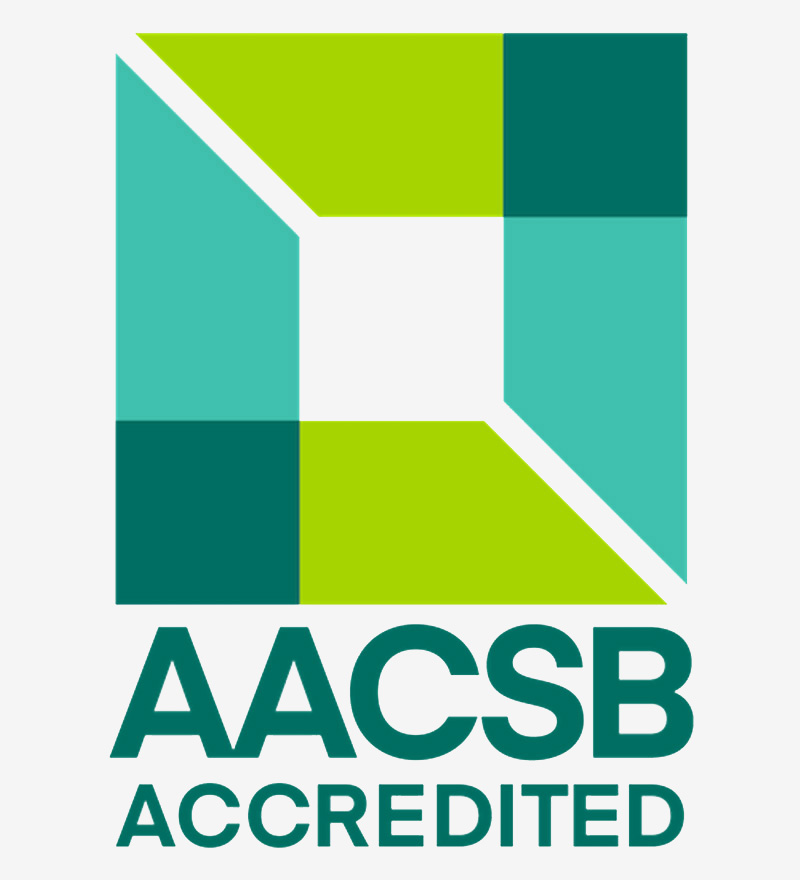The Master of International Business comprises core and elective subjects.
Core subjects, case studies and learning activities will provide you with the capacity to address the international regulation of business, apply critical common sense to corporate and societal issues, act responsibly, and understand the consequences of actions beyond your immediate work environment.
As a student of this degree, you will study specialised subjects in global business and sustainable futures. You will have the opportunity to explore important management issues of current interest, and test and evaluate potential solutions to complex problems with input from industry and community stakeholders.
You will also have the opportunity to select from a range of elective subjects, giving you the flexibility to undertake complementary studies in line with your career aspirations.








